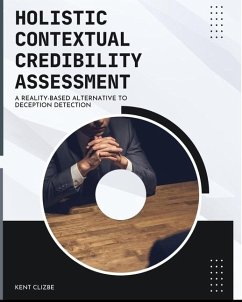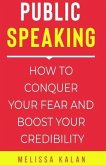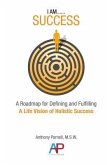Methods of deception detection, or practices claiming skill at detecting deception, have a dismal track record. Standard methods of deception detection use techniques of observing or monitoring bodily functions. Academic and practical studies show that such techniques produce results generally no more skillful than would result from flipping a coin. Yet, moving into the heart of the 21st century, corporate and government plans for the next generation of technology-driven attempts to detect deception are nearly all based on non-useful bodily function monitoring. A fad of technological solutions is based on monitoring facial expressions, in hopes of catching a micro-second-long expression of emotion, and somehow using that to detect deception, using artificial intelligence. This book argues that deception detection is not a useful concept, and that any approach based on monitoring bodily functions is not useful. This book further argues that whether the bodily function techniques use technology or supposedly trained experts, none of them are skillful in detecting deception. Instead, this book advocates for an approach of Credibility Assessment using a method created and proven in three practical domains--intelligence, consular, and commercial executive recruiting. The method introduced and explained here is Holistic Contextual Credibility Assessment (HCCA). Gathering data and evidence about the subject person from all angles, holistically, is the heart of the method. Acknowledging that people are different in different cultural contexts, that actions, speech, attitudes differ from one culture or sub-culture to another is a key concept. HCCA incorporates the concept of context by requiring a practitioner to have contextual competence in the domain of the subject. Logical deduction, along with subjective contextually competent intuition are incorporated in the assessment phase. The results of assessment lead to a judgement of credibility. Finally, this book lays out a Credibility Assessment challenge to advocates of methods based on monitoring bodily functions.
Hinweis: Dieser Artikel kann nur an eine deutsche Lieferadresse ausgeliefert werden.
Hinweis: Dieser Artikel kann nur an eine deutsche Lieferadresse ausgeliefert werden.








